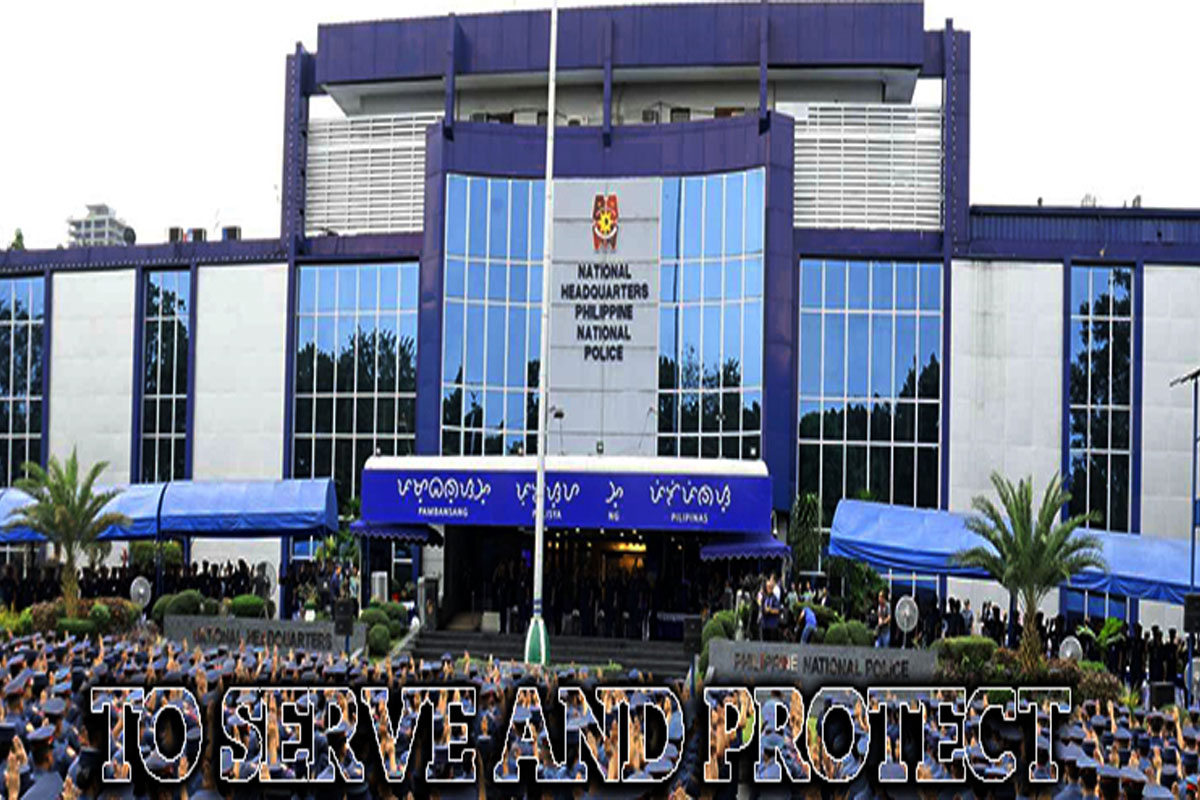
New bill to flush out online scams, phishing
LOCAL regulators and lawmen will be better armed in flushing out cybercriminals – more so now when the Philippines has emerged as one of the countries at highest risk of web threats – with the likely enactment of a congressional initiative to clothe the government with more “powers” to combat phishing and other online scams like those that have defrauded BDO Unibank and Land Bank of the Philippines (LBP) depositors, according to CamSur Rep. LRay Villafuerte.
Villafuerte said the expected signing into law of a congressional bill on more protection for financial consumers “couldn’t have come at a more appropriate time than now when the Philippines, in a report by cybersecurity and anti-virus provider Kaspersky Security Network (KSN), has been tagged as “one of the countries most targeted by web threats”.
Banks have also been telling their clients to avoid giving access to their accounts to third parties – this act known as money muling – is a crime punishable under the Anti-Money Laundering Act as it enables cybercriminals to use these bank accounts to transfer funds from illegal sources.
Fraudsters and scammers offer P1,000 to P5,000 to buy or use the legitimate bank accounts of people that they then use to launder money, Villafuerte said.
Villafuerte is the co-author of the congressional enrolled bill awaiting President Rodrigo Roa Duterte’s signature, which imposes penalties against money muling, phishing, or any other social engineering schemes.
Cybercriminals have flourished under the pandemic as social distancing protocols have dramatically increased the volume of online transactions to avoid face-to-face interactions.
Villafuerte had authored HB 10141, which was consolidated with other similar measures into a substitute bill that the House later passed.
For Villafuerte, “COVID-19 has presented new opportunities for cybercriminal exploitation, including remote work, virtual crime, and persistent threats,” he said.
Although banks have increased their efforts in addressing cybercrimes, and consumers have also become increasingly vigilant against such offenses, Villafuerte said the Philippines still has no law against using financial accounts as an accessory to financial crimes.
“Worse, there is no punishment that can deter these criminal actions,” said Villafuerte, an advocate of the country’s digital switch even before the 2020 outbreak of the coronavirus pandemic.
Villafuerte said that Filipinos are to benefit soon from this congressional measure that aims to empower the Bangko Sentral ng Pilipinas (BSP) and the rest of the banking community better to protect financial consumers against phishing and other online scams.
“We are hopeful that President Duterte will sign this measure into law as it aims to regulate the use of bank accounts and electronic wallets and consider certain illegal financial acts related to their use as a form of economic sabotage and a heinous crime if done on a large scale,” Villafuerte said.
Both the Senate and the House of Representatives (HOR) ratified the final version of this measure on financial consumer protection before both chambers took a three-month break last Feb. 4 for the national elections on May 9.
Before the congressional break, he said the Senate had ratified this measure meant to combat cybercrimes by, among others, penalizing social engineering schemes, commonly known as “phishing,” that lead to illegal financial activities.
The House earlier passed on third reading its version of this measure, but it subsequently adopted the Senate’s counterpart bill to do away with the bicameral conference committee (bicam) process that would have required legislators from both chambers to first reconcile the conflicting provisions of their respective bills before the submission of an enrolled bill to the Palace for President Duterte’s approval.
“Our ongoing efforts to accelerate the country’s digital switch must be complemented by measures to safeguard consumers against cyber threats and other illegal online schemes,” Villafuerte added.
“The recent gains in the digitalization of financial services should not result [in] adverse consequences for our people, especially during this prolonged pandemic,” the solon pointed out.
In January, reports from the Teachers Dignity Coalition (TDC) claimed that about 20 to 40 teachers lost between P26,000 and P121,000 each from their allegedly “hacked” Land Bank accounts, but the lender claimed that its systems were safe and secure and that these teachers had actually fallen prey to a phishing scheme.
Also, last January, three Filipinos and a Nigerian were indicted by the DOJ (Department of Justice) for the hacking attack that victimized about 700 BDO customers in early December last year who reportedly lost as much as P50,000 each through unauthorized transfers from their bank accounts.
Villafuerte said the bill prohibits the opening of a bank account, an e-wallet account, or other financial accounts under a fictitious name or using the identity or identification documents of another to receive or transfer or withdraw proceeds derived from crimes or offenses.
The measure also seeks to penalize any person performing any phishing or social engineering schemes by slapping a term of life imprisonment and a fine of P1 million to P5 million on those found guilty of cyber offenses that constitute economic sabotage.














